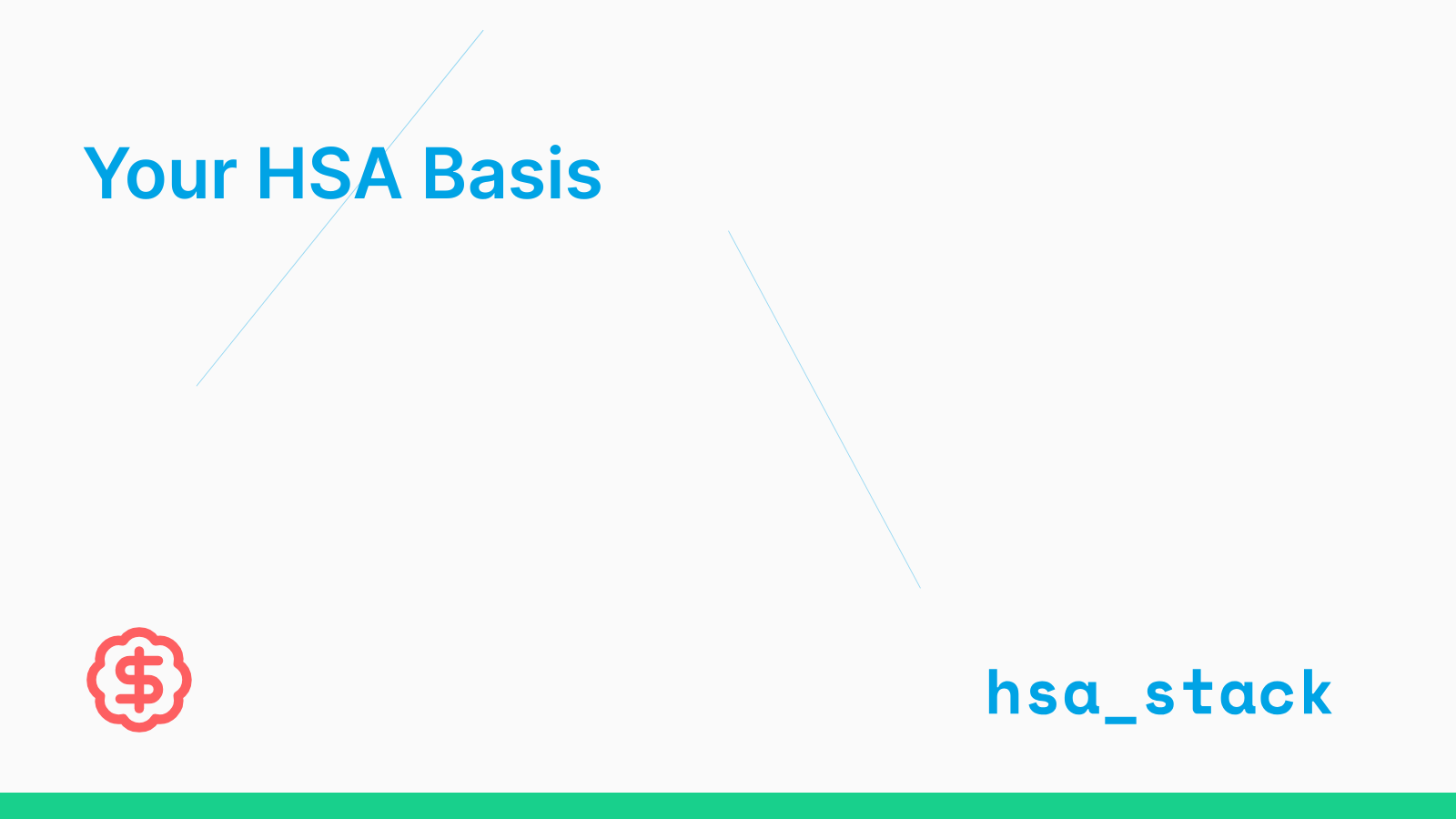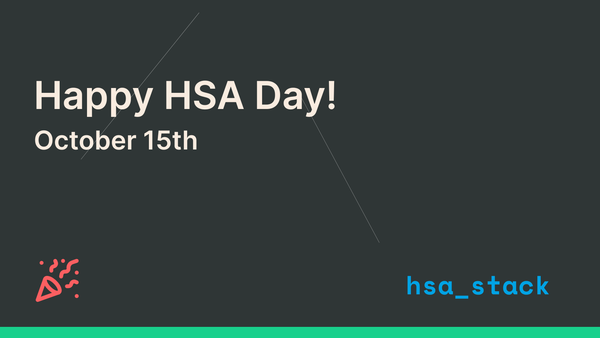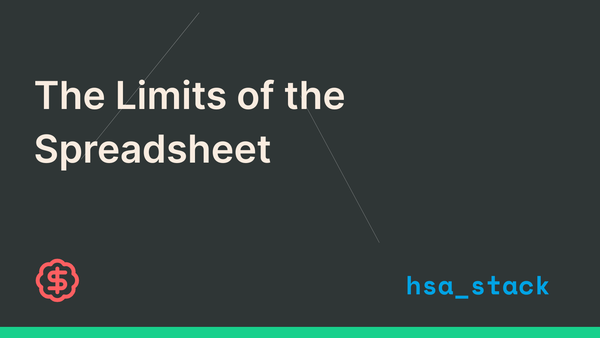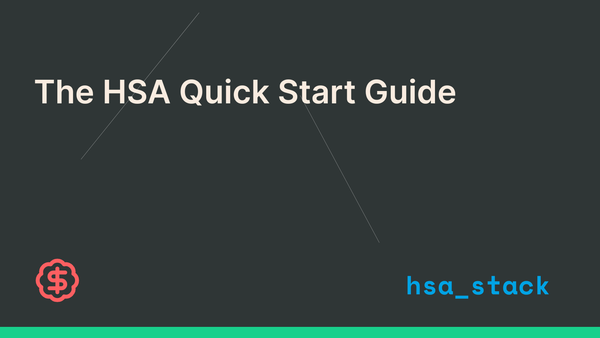HSA Basis vs. Reimbursement: The Key to Unlocking Your HSA's Power
You’ve been paying for medical expenses out-of-pocket, letting your HSA investments grow. Now you need to access $5,000. How you account for that withdrawal is the difference between a simple transaction and a powerful wealth-building strategy.

If you use your Health Savings Account for long-term investing, you already know its power. But to master the HSA—especially the "delayed reimbursement" strategy—you must grasp one critical distinction: the difference between a reimbursement and your basis.
Confusing them can undermine your strategy and create a compliance headache.
What is a Reimbursement?
A reimbursement is the common, short-term use for an HSA. You have a $100 qualified medical expense, you pay for it out-of-pocket, and you withdraw $100 from your HSA to pay yourself back. The transaction is closed. It’s a simple one-to-one exchange.
What is Your "Basis"?
Your basis is the cumulative total of all qualified medical expenses you have paid for out-of-pocket but have not yet reimbursed yourself for.
Think of it as a running, tax-free reserve. Every time you pay for a doctor's visit or prescription with a personal card instead of your HSA, you are building your basis.
Why It Matters
The delayed reimbursement strategy hinges entirely on tracking your basis. The plan is to pay for medical costs with post-tax money today, allowing your HSA funds to remain invested and grow tax-free.
Later, you can take a large, tax-free distribution from your much larger HSA. Your justification to the IRS for this withdrawal isn't a single recent expense; it's the accumulated basis you've built over time.
Without a perfect record of your basis, a large withdrawal could be deemed a non-qualified distribution. The penalty is steep: the full amount is taxed as ordinary income, plus a 20% penalty.
A simple reimbursement closes out an expense. Building your basis keeps the option open, turning every dollar of past medical spending into a future, tax-free withdrawal opportunity.
The Bottom Line
This distinction shifts your perspective. Out-of-pocket medical spending is no longer just a cost; it's an investment in a future tax-free asset.
The burden of proof, however, is always on you. The integrity of your records is the foundation of your entire HSA investment strategy. Your system for tracking your basis must be flawless and reliable. Find a system you trust and start tracking today.




